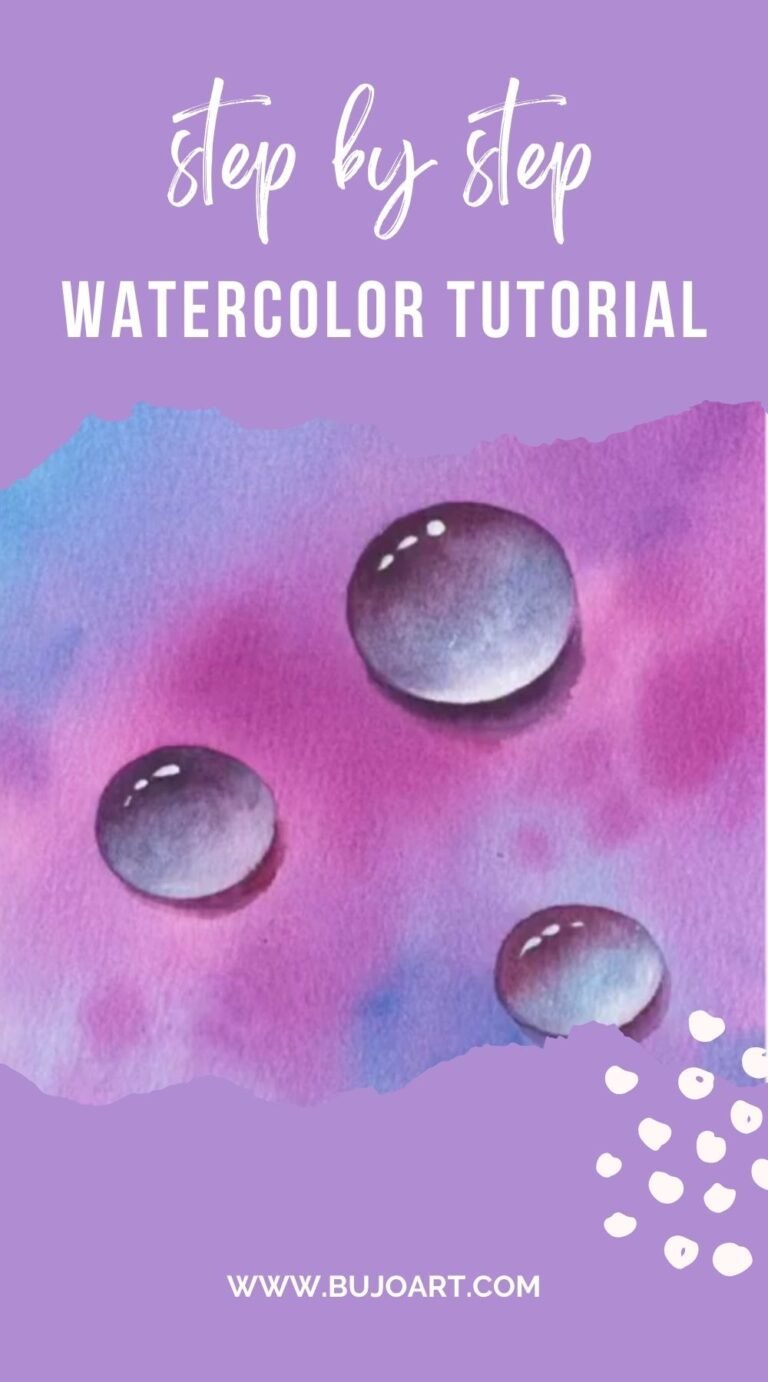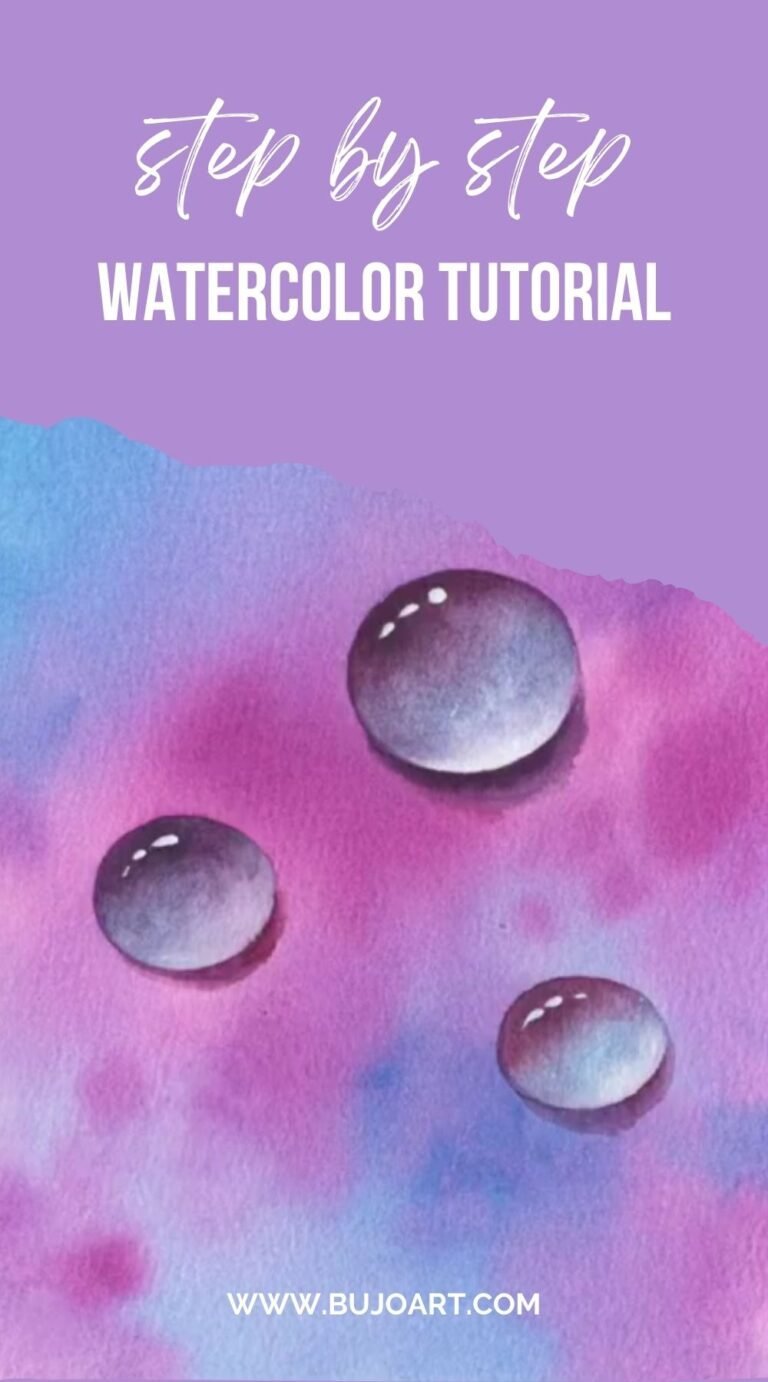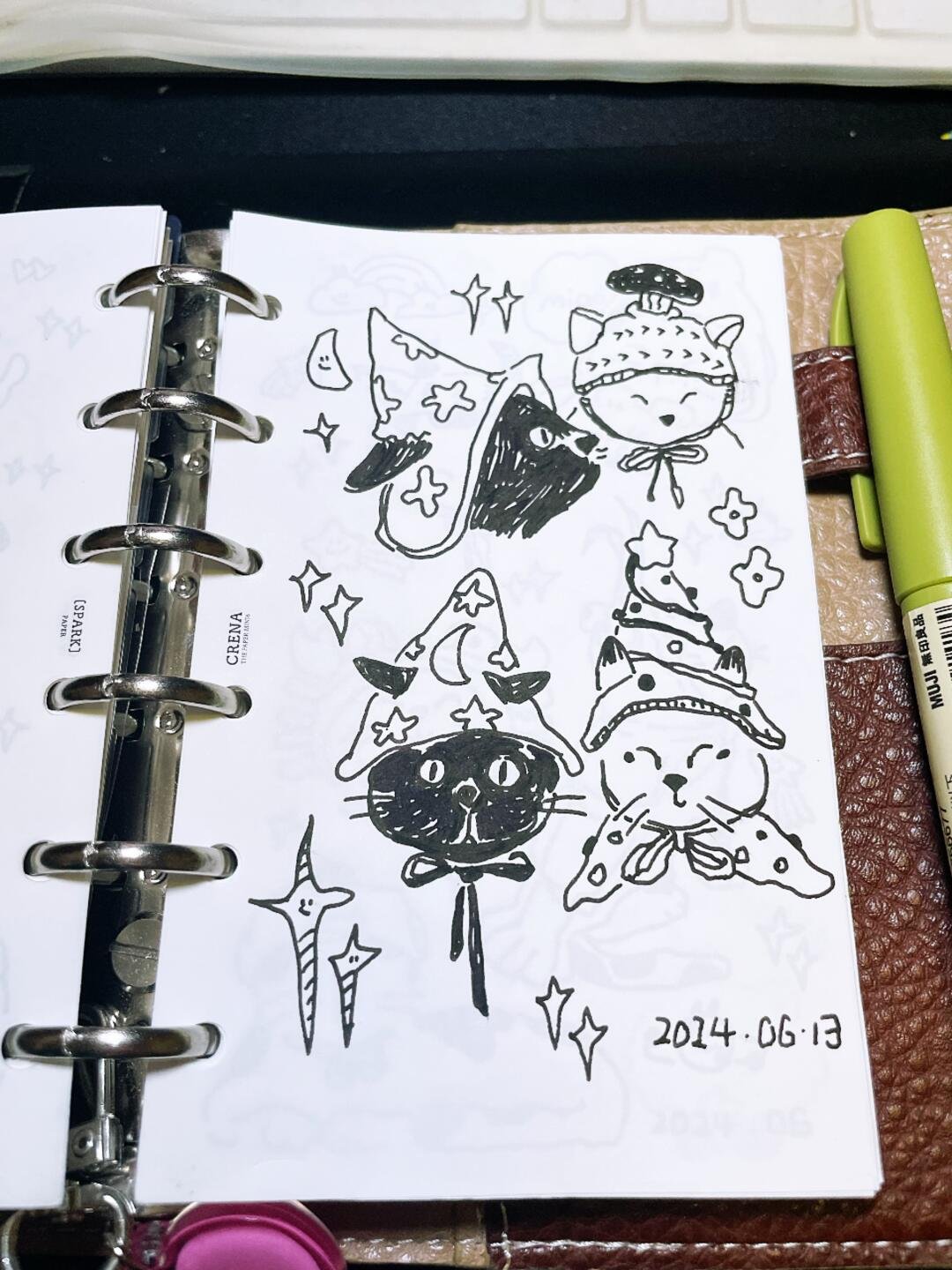Disclosure: This post contains affiliate links, meaning if you make a purchase via the links, we will earn a commission at no additional cost to you. Please read the full disclosure.

Capturing the essence of water drops through the medium of watercolor is an art form that demands patience, precision, and a keen eye for detail. These glistening orbs, suspended in time, possess a mesmerizing beauty that can elevate any painting to new heights. In this comprehensive watercolor tutorial, I will guide you through the intricate process of mastering the art of painting water drops, unveiling the techniques and nuances that breathe life into these liquid marvels.
Understanding the anatomy of a water drop
The core of a water drop is its spherical shape, a perfect orb that defies gravity and suspends itself in mid-air. This shape is the foundation upon which all other elements are built, and mastering its rendering is essential for capturing the essence of a water drop. Surrounding the core is a thin film of liquid, reflecting and refracting light in a mesmerizing dance of colors and patterns.
Reflections and refractions play a crucial role in creating the illusion of depth, allowing us to glimpse the world beyond the drop’s surface. Subtle shadows and highlights further enhance the sense of dimension, adding depth and realism to our depictions. By understanding the intricacies of a water drop’s anatomy, we can approach our paintings with a newfound appreciation for the complexity and beauty that lies within these liquid gems.
Step-by-step guide: How to paint water drops with watercolor
Now that we have explored the anatomy of a water drop, it’s time to dive into the step-by-step process of painting these liquid marvels with watercolor. Follow along as I guide you through each stage, revealing the techniques and strategies that will bring your water drop paintings to life.

Step 1
Sketch the outline: Begin by lightly sketching the outline of your water drop on the paper. Fill the shape of spheres with watercolor masking fluid.

Step 2
Establish the Wet-on-wet background: Apply the clear water onto the whole page to create the wet-on-wet base for the background.

Step 3
Establish the background: Start by painting a mixture of blues and violets to create a sense of depth. Apply the paint in thin, translucent layers, allowing the colors to blend seamlessly.

Step 4
Create the gradient in the background: Use a combination of lighter and darker tones to depict the distorted reflections of the surrounding environment.

Step 5
Remove the masking film: Once the background gets dried fully, remove the masking film.

Step 6
Establish the core: Start by painting the core of the water drop, using a mixture of dark purple and sky blue to create a sense of depth and transparency. Apply the paint in thin, translucent layers, allowing the colors to blend seamlessly.

Step 7
Add reflections and refractions: Once the core is established, it's time to introduce reflections and refractions. These elements are crucial for creating the illusion of depth and capturing the essence of a water drop. Use a combination of lighter and darker tones to depict the distorted reflections of the surrounding environment.

Step 8
Introduce shadows and highlights: Shadows and highlights play a vital role in creating a sense of dimension and realism in your water drop painting. Use a mix of darker and lighter tones to create subtle shadows and highlights, paying close attention to the areas where the drop meets the surface.

Step 9
Refine the details: As you progress, take the time to refine the details of your water drop painting.
Throughout the painting process, remember to embrace the unique qualities of watercolor. Embrace the unpredictable nature of the medium, allowing for happy accidents and unexpected effects to enhance the overall beauty of your water drop painting.
Common mistakes to avoid when painting water drops
Painting water drops with watercolor can be a challenging endeavor, and even experienced artists can fall prey to common mistakes that can detract from the realism and beauty of their depictions. In this section, I will share some of the most common pitfalls to avoid, ensuring that your water drop paintings are free from these potential stumbling blocks.
Rushing the process: Painting water drops with watercolor requires patience and attention to detail. Rushing through the process can lead to sloppy brushwork, poor blending, and a lack of refinement in your final piece.
Improper color mixing: Achieving the right color balance is crucial in water drop paintings. Failing to mix colors properly or using colors that are too saturated or muted can result in water drops that appear unrealistic or lack vibrancy.
Conclusion: Mastering the art of painting water drops with watercolor
As we reach the conclusion of this comprehensive watercolor tutorial, I hope you feel inspired and equipped to embark on your own journey of mastering the art of painting water drops. Throughout this exploration, we have delved into the intricacies of water drop anatomy, explored step-by-step techniques, and examined the works of skilled artists who have elevated this art form to new heights.
Painting water drops with watercolor is a journey of patience, precision, and a deep appreciation for the beauty found in the smallest of details. It requires a keen eye for observation, a steady hand, and a willingness to embrace the unpredictable nature of the medium. However, the rewards of capturing the essence of these liquid marvels are truly unparalleled.








